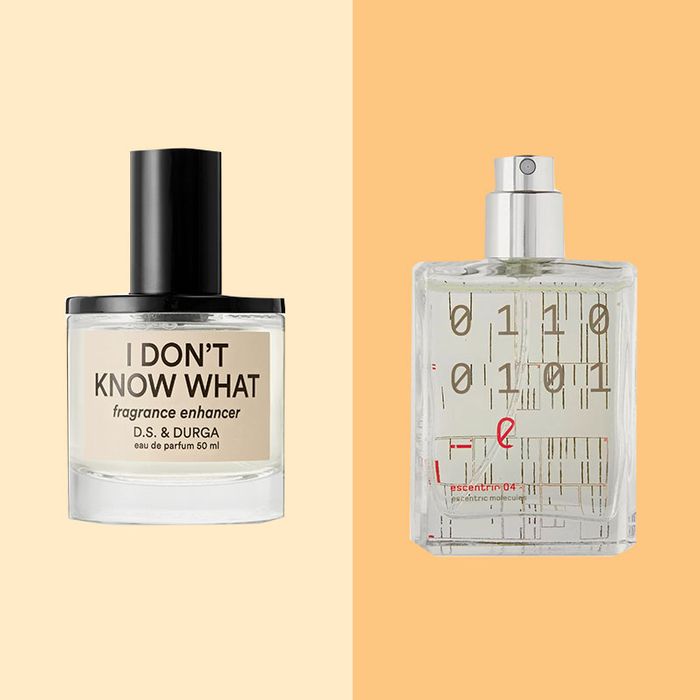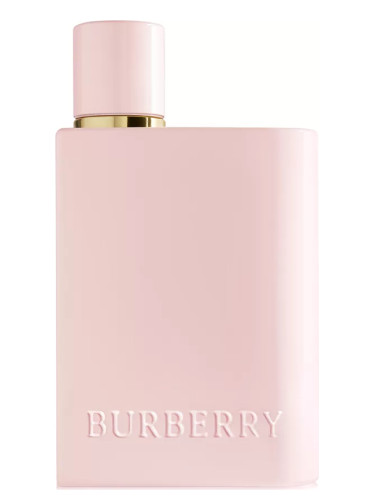Perfume, the olfactory essence of allure and personal expression, has been enchanting our senses for centuries. However, beneath its aromatic charm lies a hidden reality: for some, it can provoke allergic reactions, leading to discomfort and even health concerns. In this article, we delve into the intriguing question: Can you be allergic to perfume?
Understanding Perfume Allergies
Perfume allergies, also known as fragrance allergies, occur when the immune system reacts to certain ingredients found in perfumes or fragranced products. These reactions can range from mild irritations to more severe symptoms, such as headaches, breathing difficulties, or skin rashes.
FAQs: Unveiling the Mysteries of Perfume Allergies
1. What Causes Perfume Allergies?
- Perfume allergies can stem from various compounds present in fragrances, including synthetic chemicals or natural extracts. Common culprits include musk, aldehydes, and various essential oils. Reactions can also be triggered by the sheer intensity or concentration of fragrance ingredients.
2. How Do I Know If I’m Allergic to Perfume?
- Symptoms of perfume allergies can manifest differently in individuals. They may include skin redness, itching, sneezing, watery eyes, or even respiratory issues like wheezing or coughing. If you suspect a perfume allergy, consult with a healthcare professional for proper diagnosis and guidance.
3. Are Some People More Prone to Perfume Allergies Than Others?
- Yes, certain factors can increase the likelihood of developing perfume allergies. Individuals with sensitive skin or pre-existing allergic conditions, such as asthma or hay fever, may be more susceptible. Additionally, prolonged or frequent exposure to fragrances can sensitize the skin over time, heightening the risk of allergic reactions.
4. Can Perfume Allergies Be Avoided?
- While complete avoidance of fragrances may not always be feasible, there are steps you can take to minimize the risk of allergic reactions. Opt for fragrance-free or hypoallergenic products when possible, especially for skincare and personal care items. When using perfumes, consider lighter, more natural scents with fewer synthetic additives.
5. What Should I Do If I Experience an Allergic Reaction to Perfume?
- If you encounter symptoms of a perfume allergy, such as skin irritation or respiratory distress, promptly remove the source of fragrance and rinse the affected area with water. Over-the-counter antihistamines or topical corticosteroids may provide relief for mild reactions. For severe or persistent symptoms, seek medical attention promptly.
Conclusion: Navigating the Fragrant Landscape
In the tapestry of scent, perfume holds a mesmerizing allure for many, yet for some, it conceals a fragrant foe. Understanding the nuances of perfume allergies empowers individuals to make informed choices and safeguard their well-being without sacrificing their love for fragrance. By embracing fragrance diversity and practicing mindful use, we can revel in the aromatic symphony while ensuring a harmonious relationship with our senses and health.













